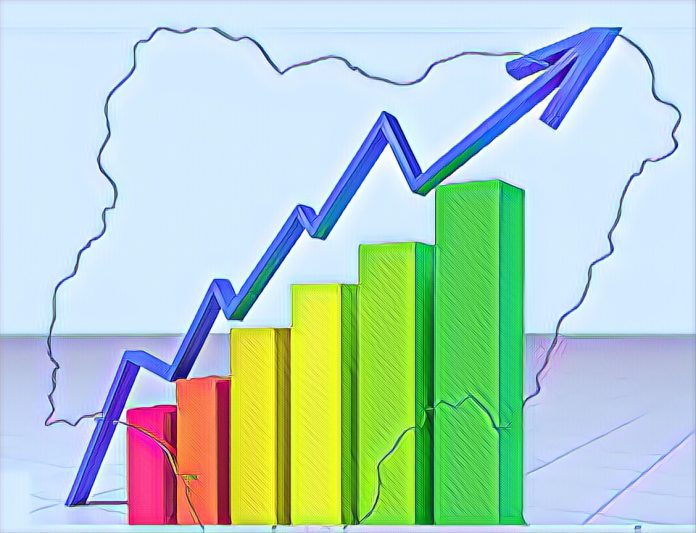Nigeria’s stock market has surprised many analysts by posting a remarkable performance in 2023, an election year that usually dampens investor sentiment and triggers capital flight. The market recorded a 45.90 percent return, the highest in three years, and crossed the 70,000 index points mark for the first time in November.
This impressive rally was largely driven by the market-friendly reforms of the new administration of President Bola Tinubu, who took office in May 2023 after a peaceful and credible election. Tinubu’s policies included the removal of fuel subsidies, the unification of all official exchange rate windows, and the floating of the naira.
These reforms boosted investor confidence and attracted more domestic and foreign capital into the equities market, as well as improved the macroeconomic outlook of Africa’s largest economy. The harmonization of the exchange rates also reduced the valuation gap between the naira and the dollar, making Nigerian stocks more attractive and competitive.
According to the World Bank, Nigeria’s economy grew by 4.2 percent in 2023, up from 2.9 percent in 2022, and is projected to grow by 5.1 percent in 2024. The inflation rate, which hit a record high of 28.2 percent in November 2022, moderated to 18.5 percent in December 2023, thanks to the tight monetary policy stance of the Central Bank of Nigeria (CBN).
The CBN raised its benchmark interest rate four times in 2023, from 16.5 percent to 18.75 percent, to curb inflation and stabilize the naira. The naira appreciated by 12 percent against the dollar in 2023, from N461.50 to N405.50 at the Investors and Exporters window.
The Nigerian stock market also benefited from the strong corporate earnings and new listings of some blue-chip companies in 2023. Eight companies had a market value of at least N1 trillion at the end of 2023, up from five in 2022. They are Airtel Africa, Dangote Cement, MTN Nigeria Communications, BUA Cement, BUA Foods, Seplat Energy, Zenith Bank and Guaranty Trust Holding Company.
The market capitalization of equities jumped to a record high of N40.92 trillion at the end of December, from N28.03 trillion a year earlier, adding N12.89 trillion in value to investors.
While the Nigerian stock market outperformed most of its peers in emerging and frontier markets in 2023, analysts expect the bullish momentum to continue in 2024, albeit at a slower pace. They cite the improved macroeconomic conditions, the anticipated growth in foreign portfolio investments, and the more stable foreign exchange environment as the key drivers of the market performance in 2024.
However, they also warn of some downside risks, such as the possible increase in political uncertainty and social unrest ahead of the 2025 general elections, the potential resurgence of the COVID-19 pandemic and its variants, and the volatility of the global oil prices and its impact on Nigeria’s fiscal and external balances.
Therefore, they advise investors to be cautious and selective in their stock picks and to diversify their portfolios across sectors and asset classes. They also recommend that investors seek professional advice and guidance from reputable brokers and financial advisers before making any investment decision.
The Nigerian stock market has shown remarkable resilience and optimism in the face of multiple challenges and uncertainties in 2023. It has also demonstrated its potential to create wealth and opportunities for millions of Nigerians. With the right policies and strategies, the market can sustain its growth and development in 2024 and beyond.
Source: BusinessDay



